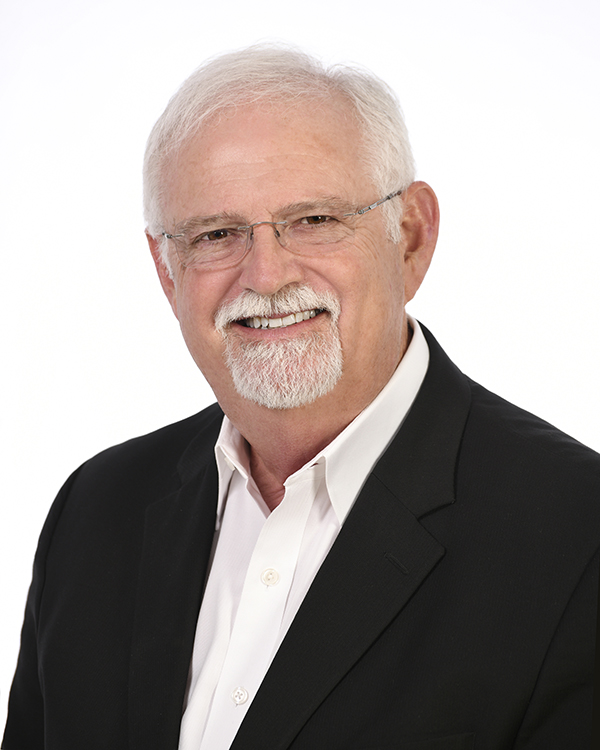June 17 2015
By: Terry L. Mathis
It is incredible to me how tenaciously old thinking clings to the safety community. I continue to hear pundits assert that confrontation is a key skill of creating a safety culture. Unless you want a confrontational culture, I couldn't disagree more if they were twice as wrong. So, why do you not want to make confrontation a common skill and a key part of your culture? Because confrontation is a "stopping tool." If you cling to the old idea that safety is getting workers to "stop taking risks," then you tend to think this way. Workers get hurt because they take risks. "Workers are the problem with safety. Fix the workers and you will fix safety."
However, if you can grasp the concept that workers don't want to get hurt and that they are the customers of your safety programs, then you will think differently. Accidents happen because of risks. Safety needs to help management identify and remove or reduce risks where possible. Safety needs to help workers identify and deal with remaining risks efficiently. Workers need to help each other practice taking precautions around the remaining risks. The key skill of safety is coaching, not confronting. Safety is about starting excellence, not stopping stupid risk taking.
If you continue to think the about safety the way you always have, you will do as you have always done and produce the same results you always have. Get away from confrontational thinking and embrace the concepts of safety excellence.

Terry Mathis, Founder and retired CEO of ProAct Safety, has served as a consultant and advisor for top organizations the world over. A respected strategist and thought leader, Terry has authored five books, numerous articles, videos and blogs, and is known for his dynamic and engaging presentations. EHS Today has named him one of the '50 People Who Most Influenced EHS' four consecutive times. Business leaders and safety professionals seek Terry's practical insight and unique ability to introduce new perspectives that lead to real change.
For more information, call +1.936.273.8700 or email info@ProActSafety.com.
